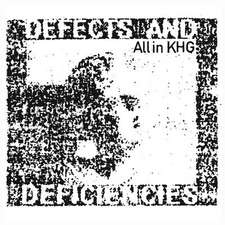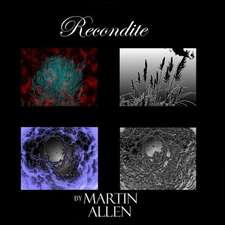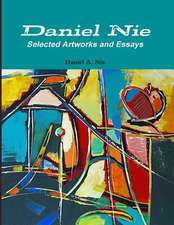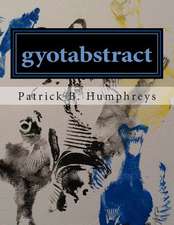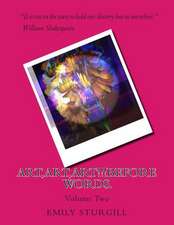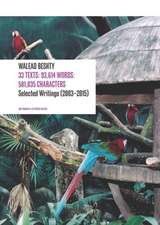Life Lessons: The Art of Jerome Witkin
Autor Sherry Chayat Kenneth Bakeren Limba Engleză Hardback – 28 feb 2006
Preț: 163.09 lei
Nou
Puncte Express: 245
Preț estimativ în valută:
31.21€ • 32.59$ • 25.77£
31.21€ • 32.59$ • 25.77£
Carte disponibilă
Livrare economică 26 martie-09 aprilie
Preluare comenzi: 021 569.72.76
Specificații
ISBN-13: 9780815608462
ISBN-10: 0815608462
Pagini: 122
Dimensiuni: 223 x 262 x 21 mm
Greutate: 0.98 kg
Ediția:Second.
Editura: Syracuse University Press
ISBN-10: 0815608462
Pagini: 122
Dimensiuni: 223 x 262 x 21 mm
Greutate: 0.98 kg
Ediția:Second.
Editura: Syracuse University Press
Textul de pe ultima copertă
As a master of realism, Jerome Witkin illustrates in his art the moral plight of everyday lives. His most complex and critically acclaimed works - intense, often disturbing scenes of the Holocaust - have earned him a growing international audience. Through the "virtues of descriptive vividness and accuracy", as Kenneth Baker writes in his Foreword, Sherry Chayat elucidates Witkin's success in almost single-handedly returning to the realm of painting those subjects that are powerfully universal as well as intensely personal. Witkin believes that this is his domain as a painter, as it was for artists like Goya and Eakins. Mortal Sin: In the Confession of J. Robert Oppenheimer; Death as an Usher: Berlin, 1933; Subway: A Marriage; The Screams of Kitty Genovese - Witkin's huge and often multipaneled canvases deal with human dilemmas and current societal issues, such as the homeless, AIDS, and drugs. His art demonstrates that we bear a moral responsibility for the pain suffered by others. "I'm not just a painter", Witkin states. "I'm a person looking at my century. We must get back to someplace where we can feel again, where we have value, a sense of the future".




